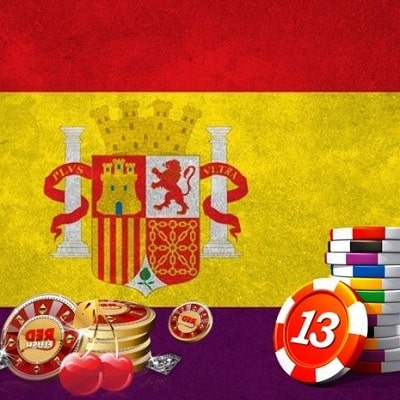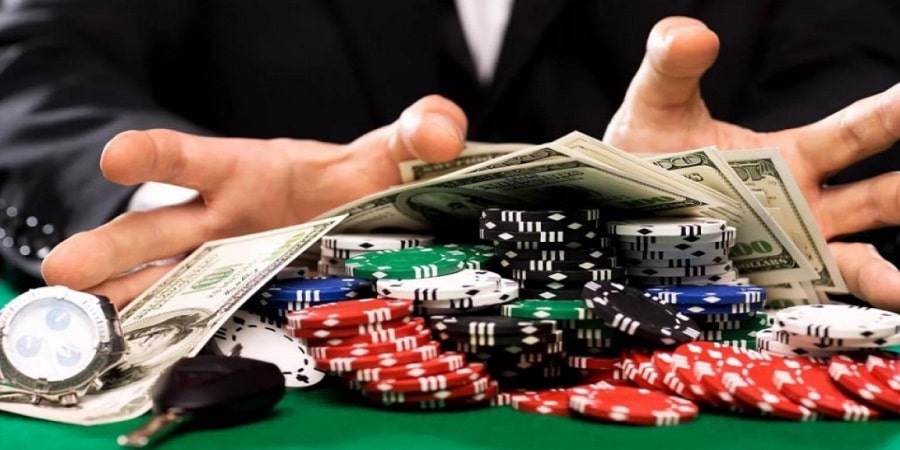
Gambling in Spain
The first references to gambling can be traced back to the Middle Ages. Spain is considered to be the birthplace of gambling houses.
How gambling business develops and who controls it in Spain
The gambling industry follows established traditions and introduces new technology. Land-based gambling establishments and Internet gambling are officially allowed in the country.
Until the early 20s, the Iberian Peninsula was considered the centre of gambling. Visitors would gather in special gaming rooms and spend their time playing card games.
From the beginning of the 20th century, the development of the lucrative business had to halt until Juan Carlos de Bourbon came to power. Then the revival of the tradition resumed with renewed vigour.
In 1985 Spain joined the European Union. The economy began to boom, and with it came new gambling houses. At the time, the state made good profits from gambling, with Spain’s GDP standing at 3%.
Under the country’s laws, tax was levied on players who won more than €2,500. Apart from the winners, the loser must pay tax – it was seen as the operator of an unsuccessful investment. The modern market has long been divided into parts: 60% is allocated to gamblers and 40% to betting and lottery operations.
The land-based gambling business is owned by 55 establishments scattered in 33 Spanish cities. According to state law, slot machines can be installed in any territory regardless of the presence of a casino.

Economic profits from casinos
Thanks to the business, the state received 35% of the profits. Only two state organisations, ONCE and SELAE, are authorised to conduct lottery and betting activities.
Regulator of lucrative businesses
The land-based gambling business is controlled by an administrative authority constituting autonomous communities. At the national level, the law allowed for a new gambling authority regulator, the National Commission, but this could not be done so quickly.
The DGOJ now officially carries out the duties of the regulator. The organisation supervises the operation of gambling establishments throughout the country.
DGOJ has all the documentation, issuing licenses and resolving disputes. And it also has the power to check technical conditions and stop many offences.
The autonomous communities may tax gambling operations and gambling operators. Internet gambling operations are supervised by the Ministry of Finance.
The Spanish regulator issues a general license for 10 years, a special license for five years. The authorities make periodic attempts to ban gambling advertisements, but so far without success.
